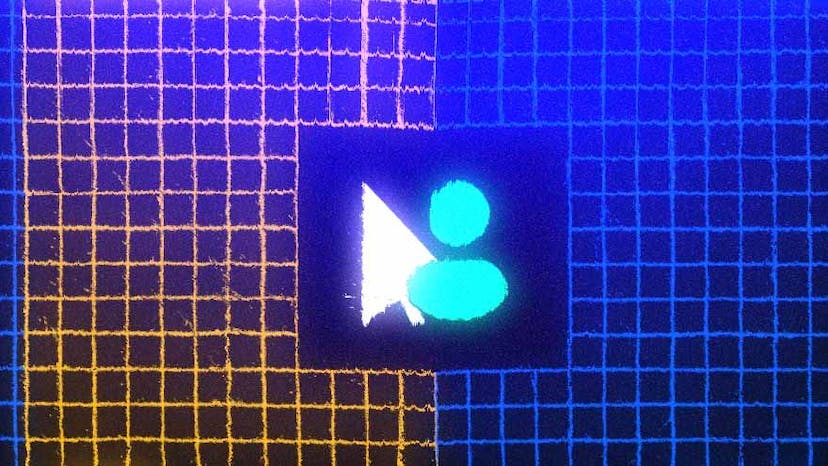The fractured structure of the greater blockchain ecosystem has made implementing cross-chain identity a massive challenge.
This year, Soulbound Tokens (SBTs), Decentralized Identifiers (DIDs), and Verified Credentials (VCs) are poised to shape how identity will ultimately be handled in 2023. These tools have the potential to change how we manage our online identities and provide a more efficient approach to portable and frictionless Web3 experiences.
To understand where we’re headed, we need to take stock of where we currently stand and assess what solutions are working, admit those which are not, and determine how we can join the best elements together to form a cohesive and intuitive identity standard.
Tools of Cross-chain Identity
Vitalik Buterin introduced the concept of SBTs to address the problem of identity verification on Ethereum. However, there are a few obvious shortcomings with SBTs, namely, centralization and privacy.
SBTs rely on a central authority to verify identities and issue the tokens. This approach may make the system vulnerable to tampering or fraud. And even more importantly, SBTs are not ideal in situations where anonymity is important because they’re tied to a single, unchanging identity that is visible to all, with no support for selective disclosure.
By nature, SBTs do not protect the privacy of individuals. Worse still, SBTs are seen as “non-consensual” meaning that anyone can send a SBT to any wallet with no way for a user to reject it.
DIDs, on the other hand, are unique cryptographic strings that can be used to verify the owner without relying on a central authority, making them a crucial component of any decentralized network worth its salt.
DIDs are not currently part of the set-up that Buterin and his co-authors proposed. DIDs are also more malleable and support levels of identity — they aren’t single, static identities, but are customizable depending on the application or protocol you happen to be using at the time.
If we learned anything last year, it’s that we cannot continue to put trust into centralized authorities to hold our best interests at heart while managing our assets and our data, so why in the world should we trust them to manage something as personal as our identities?
VCs are digital credentials that can be used in tandem with DIDs to prove the authenticity of an individual’s educational or professional qualifications and achievements. One potential limitation of VCs is that it can be difficult to verify that the issuing authority is reputable or that the credentials have been forged before they made it on-chain.
Personal Relationships
Lest we forget, reputation is also immensely important in distributed systems and is an integral component of a full identity experience. As our decentralized networks and communities grow, we need to be able to utilize our personal reputations with projects, proving we were there building, supporting, working, and bringing value – this is different than simply proving who you are or where you live.
This is unique to our industry — it’s like a credit score in TradFi but instead, based on things that are always directly in our control – as such people want to preserve their reputations as they build them up, move between projects, and join new communities. Being able to port this reputation across various identities is a necessity.
The biggest challenge with all the above is that these pieces are all separate, disconnected elements. They all provide part of a whole solution but lack the cohesion of being standardized. This leads to confusion, complexity, and security issues. In a successful cross-chain world, everything must be seamless.
The Future of Cross-chain Identity
Buterin started a great conversation about SBTs in 2022, but it’s just a springboard to help us craft truly decentralized and privacy-centric identity standards in 2023. If we learned anything last year, it’s that we cannot continue to put trust into centralized authorities to hold our best interests at heart while managing our assets and our data, so why in the world should we trust them to manage something as personal as our identities?
We will see significant progress in 2023 toward the development of a universal standard for cross-chain identity. There will be an emphasis on digital identities that are controlled by the individual rather than a central authority.
Singular Vision
If we all share the same end goal; giving individuals more control over their personal data and ways to manage and protect their privacy, then we all need to forge ahead with a singular vision for the betterment of the industry.
This is the key to making it easier for individuals and entities to securely access decentralized services and conduct transactions, which will lead to greater adoption, more internal growth, and increased use of blockchain technology in industries outside of our own.


 The Defiant
The Defiant






